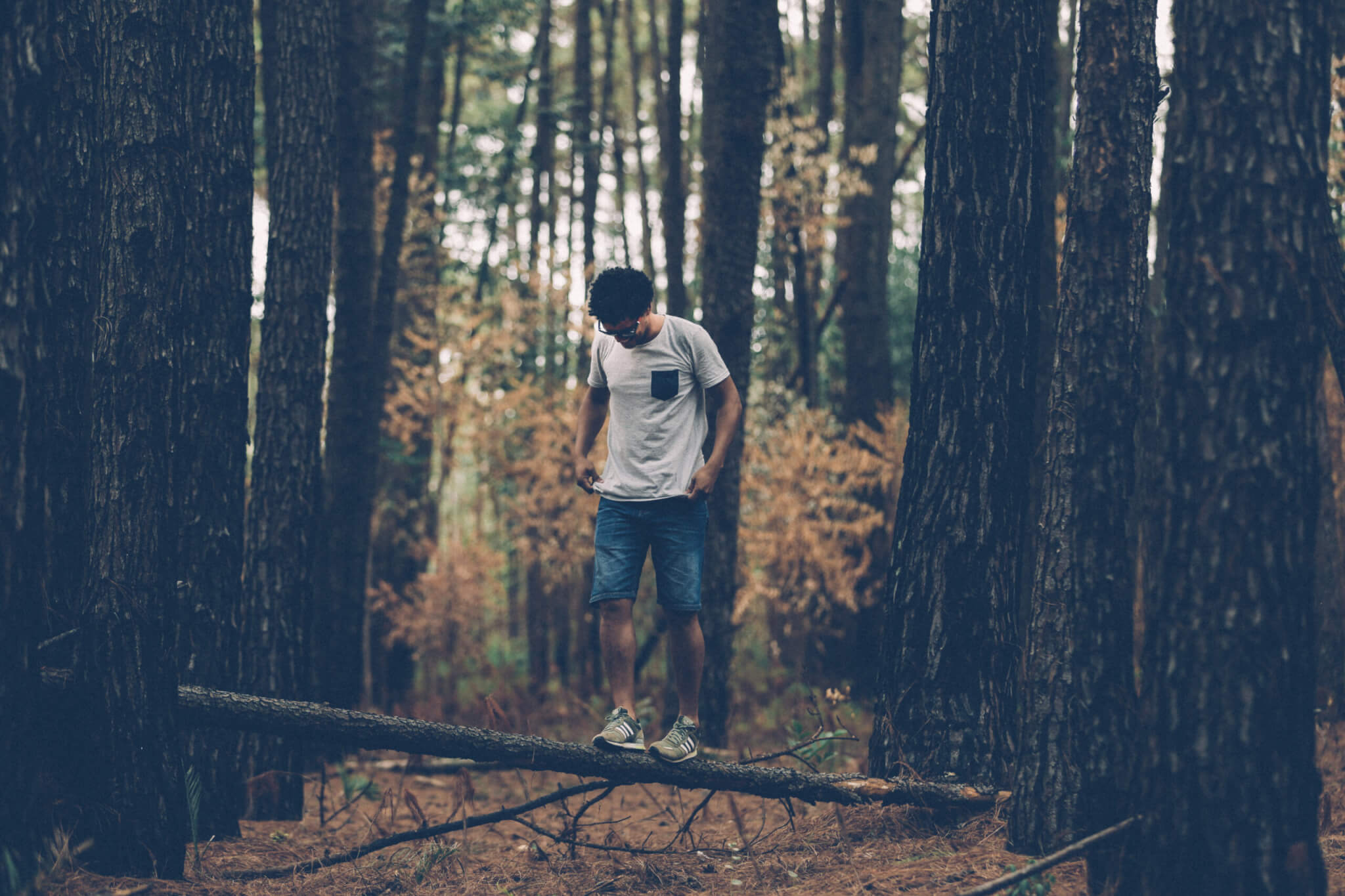Meandering Experiences: Walking and Learning

Seek ye first the walk and all these things will be added unto you.
Why walk? When I was a child, people would walk a path around the mall. They started early on Saturday mornings and would have already walked many laps before I arrived, pocket full of quarters, to challenge the arcade. Walkers still walk today, although I suspect fewer of them are in the even fewer malls while many of them are marching through neighborhoods, armed with Fitbits.
The younger the walker, the more likely, though, that he is armed not with a Fitbit but with an iPhone. While tracking his steps, the iPhone is primarily being used to count the number of kilometers he has walked—important because each kilometer gets him closer to hatching the eggs of or powering up a beloved Pokémon. In each case, the walk exists for the sake of something other: health, steps, fitness, or Pokémon.
The walk itself, however, is like the kingdom of God. It is to be pursued for its own sake not for the sake of some other. The walk is a metaphysical experience. On the walk, not the first time, nor the second time and not every time, but at some time, we experience the truth, goodness, and beauty of humanity, of reality, of God. It is on the walk that we experience the cool breeze raising the hairs on our arms and necks, the orange leaf bouncing and twirling along the sidewalk, the crack in all its individual splendor dividing the concrete, the birds chirping their songs from tree to tree. It is this magnificent rush of multi-sensory experiences that enables us to answer Descartes’ question: “How can I be sure I am not dreaming?” In the walk, the experiences are too real, too complex, too multifaceted, and too orderly to be confused with the kinds of experiences and feelings we have in a dream.
The walk, moreover, allows us to experience these things contemplatively. I control the walk. If I am not distracted by step counts or distance requirements, I may meander as I walk. The walk can slow down or speed up. It can veer left or wander right. I can stop altogether and take in a particular sight, smell, or sound for an extended period of time. In this way, walking is very much unlike running or driving.
In fact, in this way, the walk is more like reading than television watching. Television watching is like driving. The sensory experiences come at me at a pace I cannot control. While it is true that with technological advances this is not, strictly speaking, accurate—I can pause, rewind, restart, or even slow down the speed at which a video plays—it is still a very different thing than reading. Like driving, everything comes at me at an imposed pace. Apart from a skillful director, time is not provided for contemplating or pondering what my senses perceive. I drive by the tree, the stream, the shop, or the architecture too quickly to perceive and ponder. The explosions, the people, the crashes, and the scenes stream past me too quickly to take them in and contemplate.
Walking, like reading, allows time for meandering and stopping. On the walk, like during the read, there is time for every matter under heaven:
a time to be proceed, and a time to stop; a time to ponder, and a time to pass by; a time to leave, and a time to heal; a time to break down, and a time to build up; a time to weep, and a time to laugh; a time to mourn, and a time to dance; a time to look left, and a time to look right; a time to seek, and a time to lose; a time to keep, and a time to cast away; a time to slow down, and a time to speed up; a time to keep silence, and a time to speak; a time to love, and a time to hate; a time for war, and a time for peace.*
Time must be made for the meandering experiences. Walking for steps and reading for pages is to subvert the natural order and purpose of living. It is to make the appetites our master and our wills and our minds their servants. Walk for the metaphysical health of walking and the steps will come; the steps will be given unto you. Read for the metaphysical health of reading and the pages will come; the pages will be given unto you.
* Forgive me for unnecessarily changing some of the language of Ecclesiastes. The original verses very likely would have fit the analogy as is.
Dr. Matthew Bianco
Dr. Matthew Bianco is the Chief Operations Officer for the CiRCE Institute, where he also serves as a head mentor in the CiRCE apprenticeship program. A homeschooling father of three, he has graduated all three of his children, the eldest of whom graduated from St. John's College in Annapolis, MD. His second and third both graduated from Belmont Abbey College in Charlotte, NC. He is married to his altogether lovely high school sweetheart, Patricia. Dr. Matt Bianco has a PhD in Humanities from Faulkner University's Great Books Honors College and wrote his dissertation on Plato's Republic and education. He is the author of Letters to My Sons: A Humane Vision for Human Relationships.










